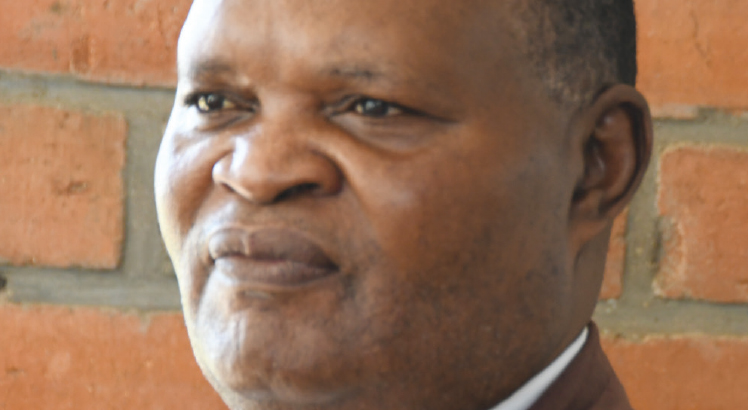Key parties dodge presidential term limits
Main political parties’ constitutions seem shy to stipulate term limits for their leaders, a situation believed to frustrate others from taking over.
Political analyst Augustine Katundu argued in an interview that the world is changing and for continued relevance of these political parties, leadership needs to change.
Out of the six parties represented in Parliament, only Malawi Congress Party (MCP) and main opposition Democratic Progressive Party (DPP) have inserted a clause on term limits for their leaders in their constitutions.
But UTM, People’s Party (PP), Alliance for Democracy (Aford) and United Democratic Front (UDF) constitutions are silent on term limits for their leaders.

As such, their presidents can maintain their positions and be torchbearers for their parties during presidential elections for as long as they wish.
In an interview, UDF spokesperson Yusuf Mwawa confirmed that his party has not adopted the term limit rule. He, however, said there has been debate within the party on the issue.
“We have an open-ended type of policy where we are saying that let people choose leaders they want. In terms of term limits, that has been debated and we leave that to the convention so it decides how they want it to be done,” he said in an interview on Wednesday.
However, Mwawa dismissed suggestions that the open-term policy has potential to create room for dictatorship in the former ruling grouping.
On his part, PP administrative secretary Ben Chakhame said the party’s constitution is silent on the matter, a development he confessed can lead to some people hanging on to the presidency for a long time.
However, he said the party, which is led by former president Joyce Banda, is reviewing the constitution, a move he believes may lead to enactment of provisions that elaborate on the term limits.
UTM Party’s constitution, which we have seen, is also silent on term limits.
Meanwhile, Aford president Enock Chihana also said his party does not subscribe to term limits, but shot down suggestions that it could be a fertile ground for dictatorial tendencies.
Rather, he said, it is reliance on an individual for financial support which promotes personalisation of parties.
Meanwhile, Katundu, a lecturer at Catholic University, said some parties in the country are losing their relevance because the party leadership is not changing.
“If the same people hold positions for a long time without handing it over to others, then it will lead to stagnation of these parties as most of these leaders are conservatives and are not open to new ways of doing things. Politics as an art has to move and adapt to our changing world,” he said.
Katundu further observed that the absence of term limits may lead to internal conflicts “as people fight for these positions because people are uncertain of their future in their parties”.
MCP spokesperson Maurice Munthali said his party adopted the two-term limit to align itself to the democratic principles espoused in the country’s constitution.
“We felt that two terms are enough for someone to make an impact on the position either through winning the national elections or initiating the party’s growth,” he said.
However, Munthali said they reviewed the constitutional provision in the run-up to the 2019 elections so that the party’s leader who wins the country’s presidency in his second term should be given a chance to finish his Constitutional second term.
“A good example is the situation with President Lazarus Chakwera. He is serving his second term at party level while at national level, he is in his first term. The country’s Constitution allows him to seek a second term so as a party, we can’t be a stumbling block, that is why we amended that clause,” he said.
DPP legal affairs director Charles Mhango said the party’s constitution paves way for a president to be in charge for three five-year terms.
He cited article 10 which reads in part: “Unless otherwise disqualified, a member of the National Governing Council shall be eligible for re-election for two more terms.
“Where the president of the party has been elected as president of the Republic of Malawi, that person shall remain president of the party until he or she completes his second term of office as the president of the Republic.”
Based on this clause, Mhango said the current DPP president Peter Mutharika, who failed to retain the country’s presidency in 2020, was eligible to contest for the position at the party’s next convention.






One Comment